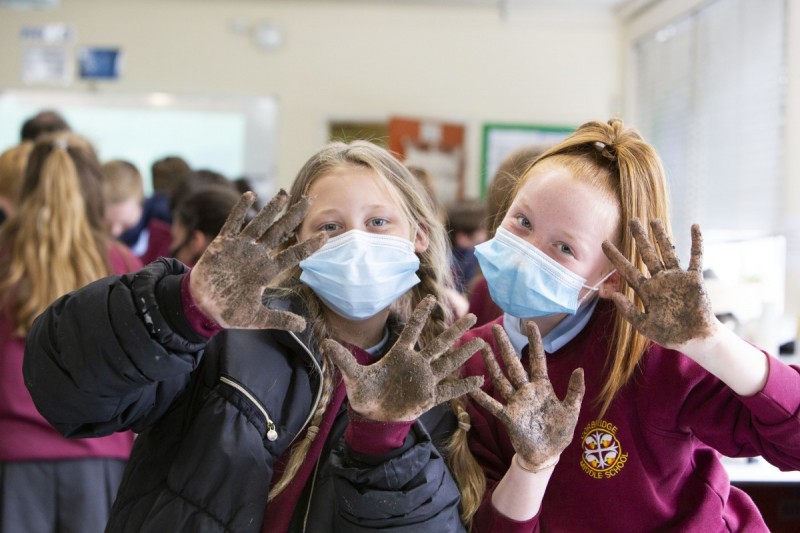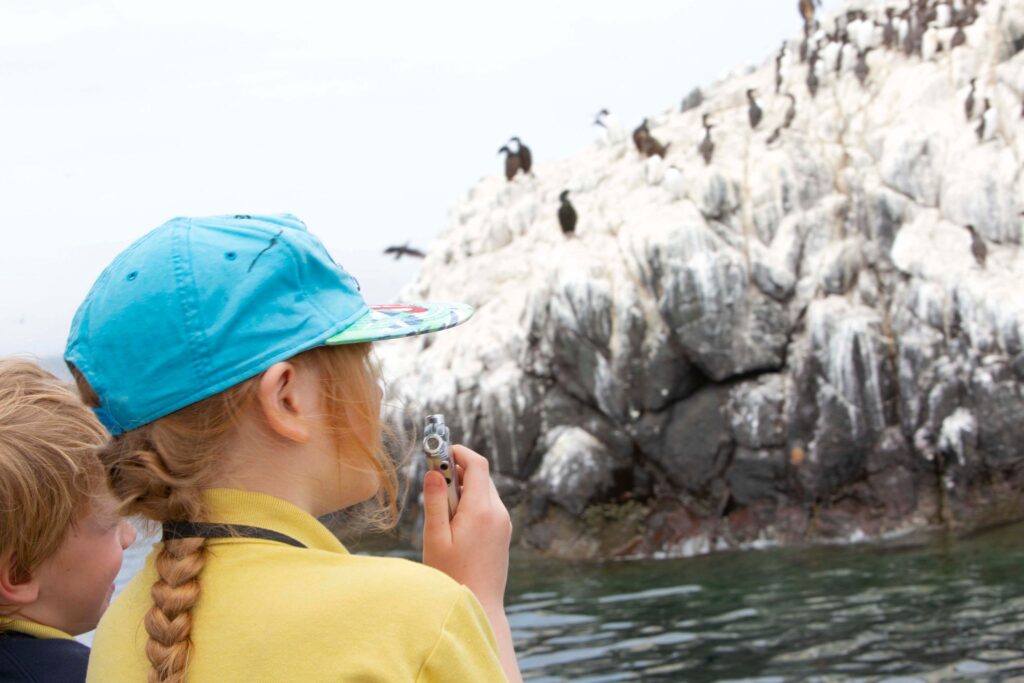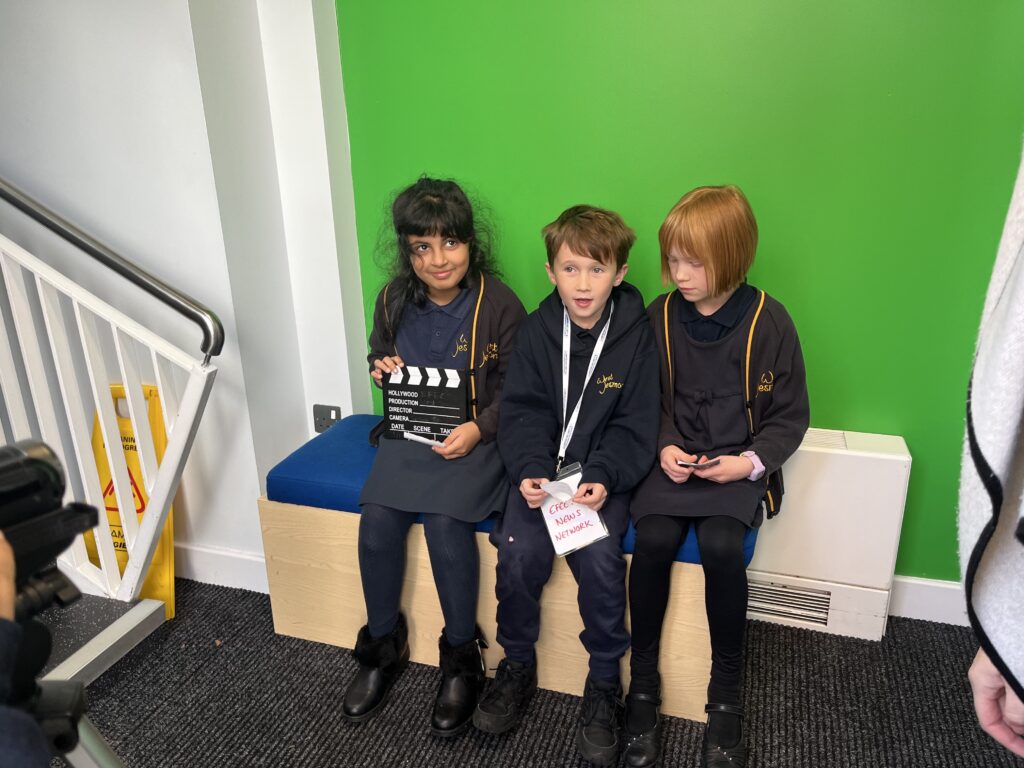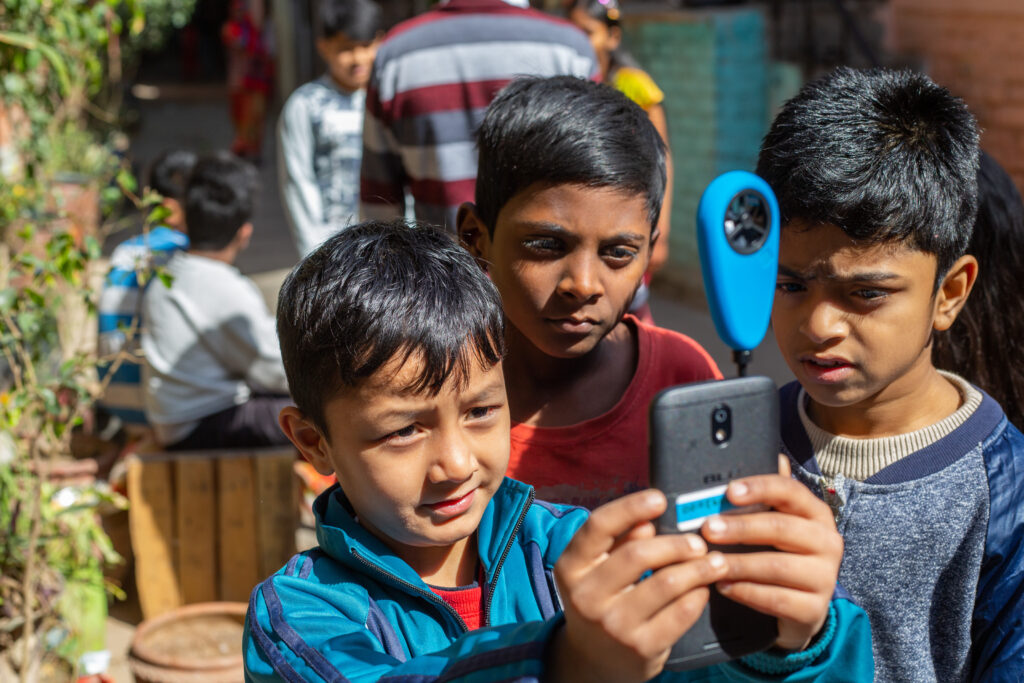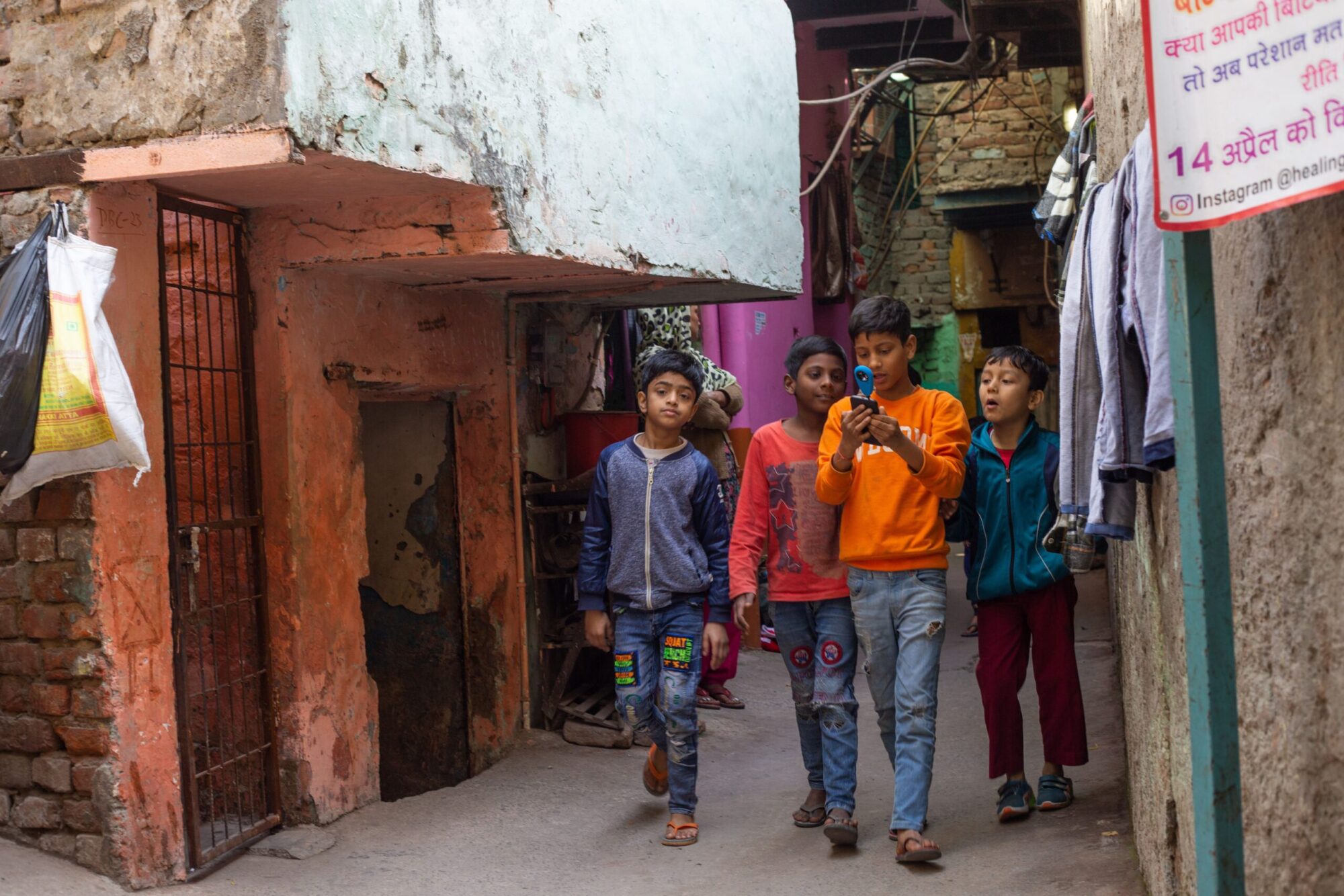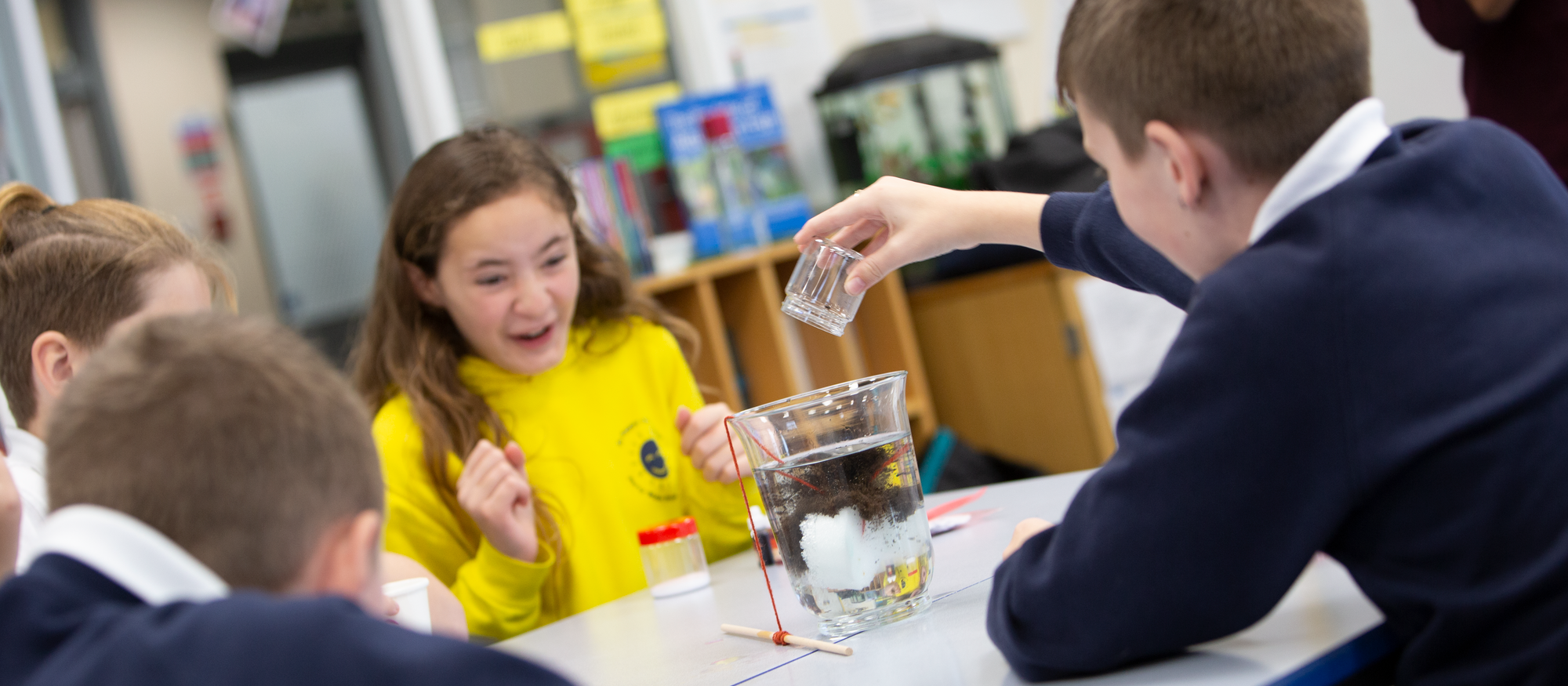The Decade of Action
There are just 10 years to go to deliver the Sustainable Development Goals (SDGs) in 2030. The United Nations (UN) has called this “The Decade of Action” in order to accelerate sustainable solutions to the world’s biggest challenges.
The goals go hand in hand in order to reduce poverty, address social needs (including education, health and job opportunities) while tackling climate change and environmental protection. The goals provide a framework for COVID-19 recovery that could lead to more inclusive economies, more resilient societies that are stronger and greener.

In order to deliver the 2030 promise the UN is calling on people around the world to make the Global Goals their own. Indeed one of the targets for climate action (SDG 13) states ‘improve education, awareness-raising and human and institutional capacity on climate change, mitigation, adaptation, impact reduction and early warning’ (target 13.3).
The Importance of Global Citizenship
By 2030 all learners should have acquired the knowledge and skills needed to promote sustainable development and global citizenship (SDG 4, target 4.7). Global Citizenship Education (GCE) is a framing paradigm that encapsulates how education can develop the knowledge, skills, values and attitudes learners need for securing a world that is more just, peaceful, tolerant, inclusive, secure and sustainable. GCE promotes curiosity, solidarity and shared responsibility. It inspires partnerships, dialogue, action and cooperation. Having held workshops, events and dialogues with teachers and school stakeholders around the world it became evident that there was a desire to learn more about the SDGs, empowering children to become global citizens. Global citizenship has been defined as an awareness that is caring and embracing cultural diversity while promoting social justice and sustainability coupled with a sense of responsibility to act’.
Climate Change and Youth Action
Climate change is already having visible effects and has dramatically increased levels of uncertainty about the future of our planet. As it’s impacts grow in intensity, one thing has become certain: ‘We will leave the Earth to today’s children and young people, and to future generations’
Young people all around the world are becoming aware of our planet’s climate issues and have the opportunity to achieve sustainable development brought by a solution to climate change.
Young people possess great power to hold decision-makers accountable, and are making their voices heard. It is today’s young people who will be victim to climate change, but are valuable contributors to climate action. They are becoming change-makers, by utilising education, science, and technology, to scale up their efforts and use their skills to accelerate climate action.
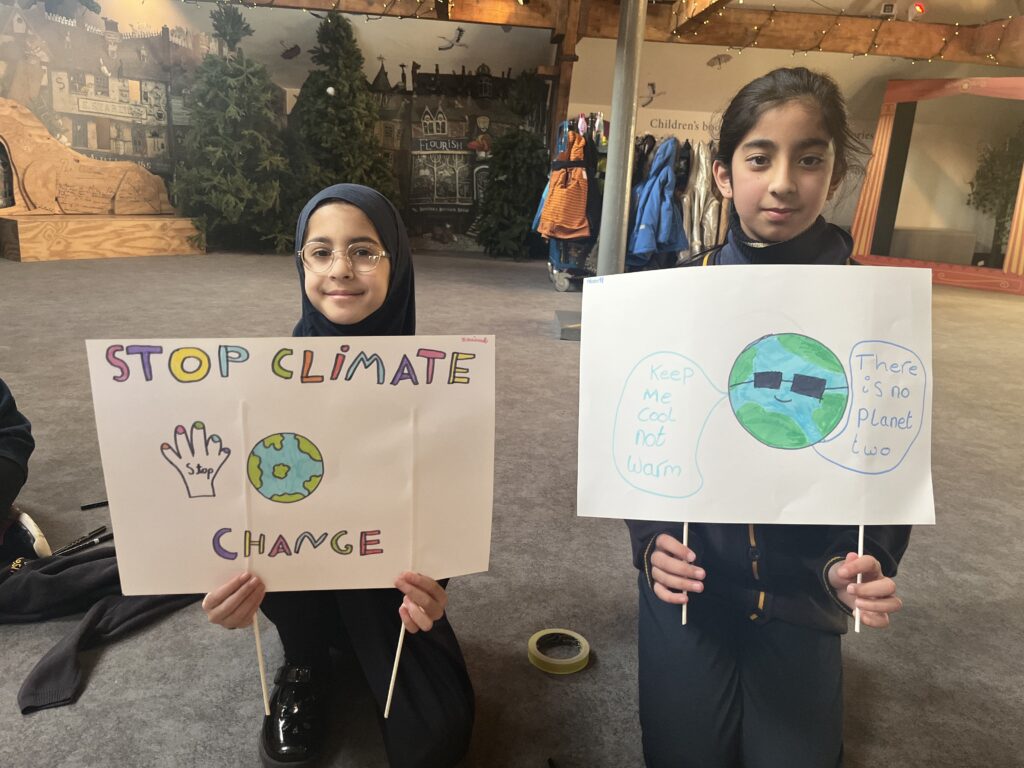
Our Vision
Introducing KATS – Kids Action Thru Science, a climate change education outreach project created by the Water Security Hub and developed and delivered by Newcastle University. Emerging from the Hub’s work on water values, climate change, and education, KATS was formed by a multidisciplinary team from across the Water Security Hub, including researchers in education, water and microbial science, geomatics, and architecture.
The KATS project uses innovative, exciting and creative education to encourage young people to learn about climate change issues, and empower them to become citizen scientists, helping to find solutions to the world’s most pressing challenges. Following the Hub’s successful pilot in the UK, the KATS team is expanding the project internationally, encouraging young people all over the world to become climate superheroes and create ‘global networks of change’.
Check out our latest projects:
